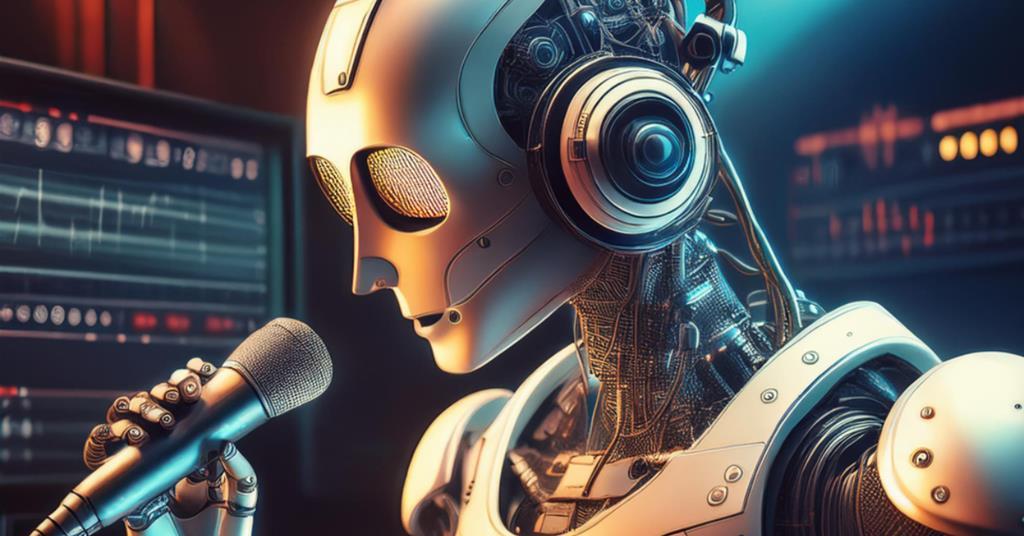Customer support is about to undergo a major evolution thanks to advances in AI and machine learning (ML). External chatbots have long promised cost savings, but their impersonal approach and limited ability to solve complex problems have left many customers dissatisfied. The real breakthrough lies in leveraging AI to empower in-house support teams, allowing them to streamline workflows while maintaining the personalized service customers expect.
As media technologies become more complex, the demand for fast, reliable, and empathetic customer service increases. To meet these expectations and prepare for a new era of customer support, companies must implement AI/ML-powered tools.
The evolution of customer support in media technology
These days, customer support in media technology relies on two main approaches: external chatbots and manual troubleshooting. Each has significant limitations.
Although external chatbots are cost-effective, they often fail to address sensitive technical challenges, leading to customer dissatisfaction. On the other hand, manual troubleshooting can be resource-intensive and time-consuming, failing to meet today’s expectations for fast and effective service.
In 2025, the focus will need to shift to in-house tools powered by AI. These tools promise to transform customer support by enabling rapid navigation of a vast knowledge base and providing context-appropriate solutions tailored to specific needs. This combination of automation and human oversight delivers efficiency without sacrificing the personalized experience customers demand.
Strengthening support with in-house tools leveraging AI
AI-powered internal tools are quickly emerging as a game-changer for customer support teams. These tools are not designed to replace human interaction, but to help support engineers quickly access solutions.
For example, AI systems are becoming increasingly adept at navigating vast knowledge bases, identifying relevant information in seconds, and providing actionable recommendations based on past examples. By handling repetitive and administrative tasks, these tools free up support engineers to focus on solving unique and complex problems that require human intuition and expertise.
AI streamlines access to relevant information, but the human element remains important. Customers consistently prefer human-to-human interaction. 81% of Callvu survey respondents would rather wait a few minutes and speak to a real agent than interact with an AI chatbot right away. Internal chatbots do not eliminate this connection. Instead, we’re enhancing our engineers’ capabilities by reducing their administrative workload and helping them resolve customer issues faster. This approach strikes a balance between operational efficiency and the personal service that customers consistently prefer.
Overcoming challenges and opportunities
The transition to AI-powered customer support is not without its hurdles. One of the key challenges is ensuring the accuracy and relevance of AI systems. AI systems must consistently provide context-aware solutions, especially for evolving or highly technical problems. Additionally, as AI tools process large amounts of customer data, companies must address data privacy concerns by implementing robust security measures to maintain customer trust.
Despite these challenges, the opportunities are endless. By improving the interface and user experience of AI tools, support teams can work seamlessly and maximize their effectiveness. Integrating AI tools with CRM platforms and other enterprise systems further integrates workflows, enabling better collaboration and faster resolution. For companies that successfully navigate these challenges, the benefits of streamlining processes and improving customer satisfaction are undeniable.
The future of customer support: Balancing automation and human connection
To remain competitive in 2025, media technology companies must embrace AI/ML-driven in-house tools as the foundation of their customer support strategies. These innovations promise to reduce resolution times, improve support engineer efficiency, and increase customer satisfaction by blending automation and personalized service.
The true measure of success lies in finding the perfect balance. Companies that integrate AI to augment, rather than replace, human teams will not only meet rising customer expectations, but also set a new standard for service excellence in the media technology industry. The future of customer support isn’t about replacing human connections; it’s about empowering them to create faster, smarter, and more satisfying interactions for everyone involved.

Sam Peterson is BitCentral’s COO



